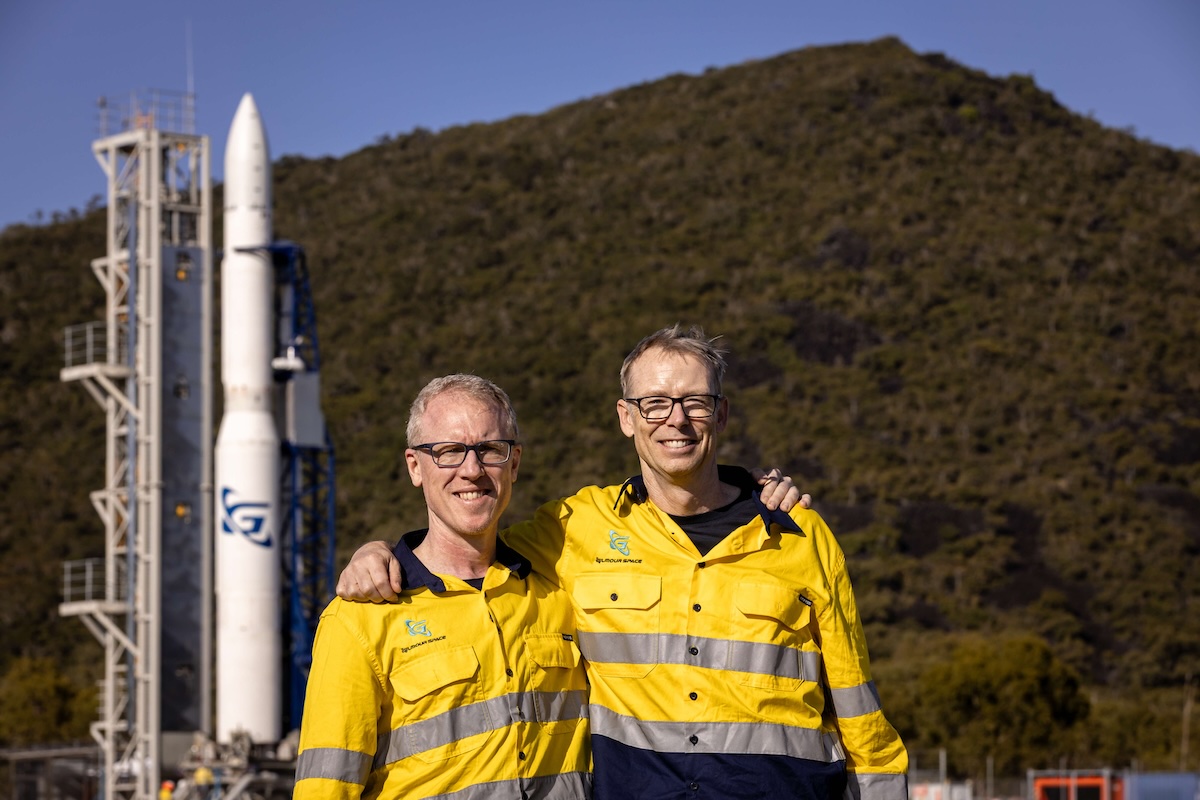
What Emergency Rooms Have in Common with Startups
An AMA with Jodie Auster, former VP of People Ops at Thumbtack and ER doctor.
Blackbird Ventures host weekly AMAs over on The Sunrise. Tune in Thursdays from 1pm AEST to take part or sign up to be notified via email.
Joel Connolly Any parallels between an emergency room and a startup experiencing rapid, extreme growth?
Jodie Auster Yes! There are 2 ‘ways of thinking’ that immediately come to mind:
- Hypothesis driven problem solving = having an answer from the beginning and then thoughtfully collecting more information to dis/prove your hypothesis. (This is the opposite of doing all your research first and then coming up with an answer.
- Triage = ranking issues by urgency. Only interrupting what you’re doing for Category 1 (most urgent) issues. Not getting distracted by high volume Category 5 (shouldn’t even be in the Emergency Dept) type problems.
There are also environmental and behavioural similarities:
- Keeping cool under pressure
- Multitasking in an extreme way
- Huge amount of variety in your day which means you know just enough about a broad range of things
alan jones Did you notice when Thumbtack crossed the line of 150 people (the Dunbar Number)? What changed at that point (or other points) about how the company made decisions, defined/communicated company culture, and compensated people?
Jodie Auster Great question.
- Talent: Moved from a group of ‘general athletes’ who were versatile and broadly skilled to a team of specialists where scope of responsibility had to narrow (but size of impact still grows because the business gets much bigger). Not everyone finds a place in the specialist world, which can be painful for amazing generalists who have made a great contribution in the early days.
- Decision making: In my opinion one of the most important things to address through different phases of growth. I see the progression as Consensus (probably <10 people) → Democratic (can work til 50–100 depending on diversity of opinion) → Participative (involving the right people in the right decisions). I am a big fan conceptually of decision making frameworks (like Bain’s RAPID framework) where you clearly define who is responsible for making, giving input into and performing different decisions in the business. The hardest part is convincing folks who were there during the earlier stages to remove themselves from decisions that they used to be involved with.
- Company values: Culture just happens in the early days usually because there’s more homogeneity. Explicitly defining company values and making sure that processes reflect those core values becomes important at 150 people (and even before). For example, you can hire a bunch of people who are very skilled at their jobs but very poor reflections of key company values, unless you know what the values are, disseminate those effectively, and building them into the hiring process (Thumbtack has a compulsory ‘values interview’ for every candidate and role at the moment. The founders used to be the only ones allowed to interview for this values interview; that was extended to the executive team around 100 people to share the interview load, and will be extended again but very carefully and deliberately.)
This list could go on for a long time. Let me share it, and then if anyone wants to prompt more specifically on certain areas, I can keep answering.
Samantha Wong What are some of the most impactful things you implemented as VP of People at Thumbtack?
Jodie Auster I think the most impactful place to start is at the ‘top’ of the people funnel = recruiting.
I probably spent 80% of my time and effort on improving and scaling recruiting at Thumbtack through:
- Building a big sourcing machine (ultimately a database of every talented anyone in the world which you then shift to a relationship management machine)
- Operationalising a consistent and robust recruiting process, starting with the really simple step of defining the 3–5 MUST HAVE attributes for a role and making sure that the entire hiring process consistently reflects these (job ad, interview format, decision to hire). Seems obvious but is not done well in most businesses I’ve seen. These are both very much still a work in progress.
Tactically here are some other interesting things I led that I’m happy to go into more detail on:
- Performance review process (defining levels within the organisation to give people a sense of progression, introducing calibration processes within and across teams, performance reward philosophy and execution, choice of platform to execute performance reviews)
- Compensation in general — defining the philosophy, devising a comp approach for a growing org, getting board approval etc.
- Facilities — working out where to put growing teams in SF, Salt Lake and the Philippines. Site choice, build out, moving etc.
- Learning & Development: working out how to scale L&D in a small org for a very demanding team
Duncan Anderson — What defines a good manager to you? I’m hoping for a deep answer (ie more than ‘good managers manage different people how they need to be managed’). For example, the top 5 characteristics you have seen as important please :) ?
Jodie Auster Couple of observations upfront:
- A good manager is a deeply personal assessment — it’s rare to find a manager that everyone loves.
- Good management changes at different stages of a company and an individual’s career.
Having said that, here are some of the more tangible things I think help manager excel:
- Ability to rally a team around a clear vision and strategy. Regularly and clearly answering: What are we doing? Why is it important? What will it look like when we succeed?
- Appetite to do people manager things. To quote my good friend Robert Buckley, “People Managers should do People Things”. To me this means owning the whole person, rather than just their work product, and being willing (and ideally able) to deal with the wide variety of issues that arise for humans as team members. In practice, this looks like:
- Work conversations AND career/ personal growth conversations
- Feeling ownership for your people’s problems, rather than punting to HR because
GrooveFlyer What’s your top three issues/forces changing the nature of “traditional” HR?
- The emergence of People Analytics: The power of ‘people’ data about individuals, teams and organisations to help you understand their experience, focus on big pain points and then get quantitative (and qualitative) feedback on whether things are improving. My observation is that in both recruiting and HR there’s been a huge lag in using really effective approaches to improvement and scale that are second nature in other functions (like product — you wouldn’t dream of having a product organisation that didn’t measure things!)
- The willingness to hire leaders from non HR backgrounds to lead HR functions. Laszlo Bock (Google) has been an inspiration to these sorts of people and had an enormous impact on the field because of his ‘different’ approach to people operations. There’s a renewed sense of excitement, creative thinking and experimentation, at least in San Francisco, because of the fresh thinking non HR people are bringing to the space. (Caveat: As one of these people, I had HUGE gaps in knowledge and relied heavily on traditional experts to do my job. So I think it’s about complementing skill sets within the function, rather than swinging all the way over to non HR folks.)
- Broader definition of HR (beyond compliance, payroll and employee relations) to all things that affect People in a business. I don’t know if this is right or sustainable, but it was really powerful (and fun) to own the full ‘people lifecycle’: recruiting > on-boarding > engagement > learning & development > performance > recognition and reward > exit AND Physical environment (facilities, office operations) + Events + Culinary. Another way to think about this is from a reactive to a proactive function.
Our AMAs are held every Thursday at 1pm AEST over on The Sunrise. To be notified via email sign up here or follow us on Facebook, Linkedin or Twitter.



.webp)



.avif)



